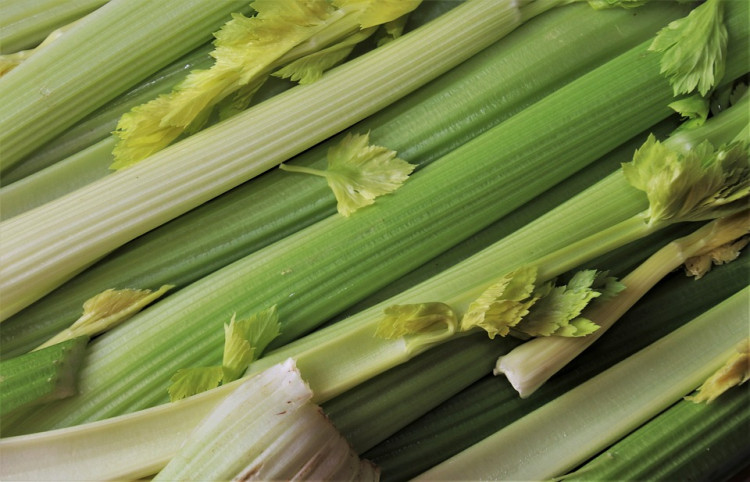Federal agents seized over 2,300 pounds of methamphetamine concealed in a shipment of celery at a farmers market in Georgia. The discovery, described as one of the largest seizures of its kind, highlights the increasingly sophisticated methods used by smugglers to transport illegal substances across borders.
The U.S. Drug Enforcement Administration (DEA) announced the seizure during a news conference on Monday, detailing how agents tracked the drugs from the Mexican border to the Atlanta State Farmers Market in Forest Park. DEA Special Agent in Charge Robert Murphy provided insight into the operation, which culminated in the interception of the meth-laden truck.
"This was contained in a cover load of celery," Murphy explained. "It was hiding in the celery. Obviously, we threw away the celery. That didn't make it to the store."
The methamphetamine, a highly addictive and dangerous stimulant, was discovered inside a semitrailer that had crossed the Mexican border. Authorities had been monitoring the vehicle as part of an ongoing investigation into drug trafficking operations. The seizure is a stark reminder of the lengths to which smugglers will go to evade detection.
A Mexican citizen was arrested in connection with the bust, although details about the suspect and the charges remain limited as of Tuesday. The DEA did not immediately provide further information about the individual involved, but the arrest underscores the transnational nature of drug trafficking networks.
This seizure is not an isolated incident. Drug smugglers have increasingly turned to creative methods to conceal their illicit cargo. Produce, in particular, has become a common cover for drug shipments. Just this year, nearly six tons of meth were found hidden in a shipment of squash in California, thanks to the sharp noses of drug-sniffing dogs. Last year, U.S. Customs and Border Protection agents discovered more than 3,000 pounds of methamphetamine and cocaine concealed in bins of jalapeño paste being transported across the border.
The use of vegetables as cover loads is part of a broader trend where smugglers exploit the global food supply chain to move narcotics. Other instances include drugs being hidden in shipments of green beans, stashed within sugar consignments, and even smuggled inside flour bags and candy boxes. Cocaine has also been repeatedly found inside banana shipments across the globe, illustrating the global reach of these criminal operations.
Methamphetamine poses a significant public health risk. According to the DEA, the drug is primarily manufactured and distributed in the U.S. by Mexican drug trafficking organizations. Methamphetamine abuse can lead to severe health consequences, including heart attack, stroke, and multiple organ failure due to overheating. The drug's highly addictive nature further exacerbates its impact on communities.
The Atlanta State Farmers Market, where the meth was discovered, is a bustling hub of activity, serving as a major distribution point for produce across the Southeast. The market's role in this case highlights the vulnerability of even seemingly benign locations to exploitation by drug traffickers.




